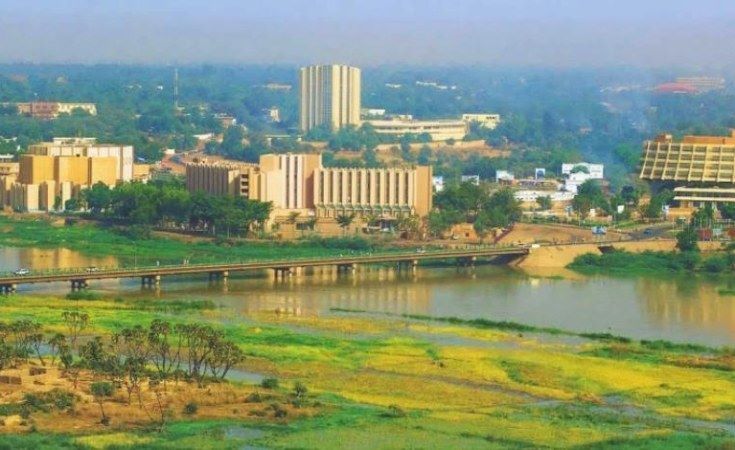
By Chiamaka Okafor
“The D-day is also decided. We’ve already agreed and fine-tuned what will be required for the intervention.”
A date has been assigned for ECOWAS to militarily intervene in Niger to restore constitutional rule, defence chiefs said on Friday.
“The D-day is also decided. We’ve already agreed and fine-tuned what will be required for the intervention,” Aljazeera quoted ECOWAS Commissioner for Political Affairs, Peace and Security Abdel-Fatau Musah as saying.
Although he did not disclose the specific day, he added that “we are ready to go any time the order is given.”
Defence chiefs held a two-day meeting in Accra, Ghana, to discuss the deployment of a standby force to Niger as directed by the heads of state.
Heads of state of the sub-regional bloc last Thursday ordered the activation and deployment of a standby force should the military junta there refuse to return power back to detained president Mohamed Bazoum.
The bloc agreed to use force should all diplomatic attempts fail. On Friday, Mr Musah said the bloc is still preparing a mediation mission to Niger, “so we have not shut any door.”
“Let no one be in doubt that if everything else fails, the valiant forces of West Africa, both the military and the civilian components, are ready to answer to the call of duty,” Aljazeera quoted Mr Musah as saying.
But for Cape Verde, Mali, Burkina Faso and Guinea, most of ECOWAS’s 15 member states are prepared to contribute to the joint force, he sa
Many member states would need the approval of their parliaments to deploy soldiers to Niger. It remains unclear how many soldiers each country will send.
However, Nigeria with the largest military in West Africa is expected to provide the bulk of soldiers needed. The Nigerian parliament had earlier opposed troops deployment to Niger although the president is yet to make a specific request for troops deployment. The Nigerian constitution, however, allows the president to deploy troops even without parliamentary approval which he could seek after deployment.
“The President, in consultation with the National Defence Council, may deploy members of the armed forces of the Federation on a limited combat duty outside Nigeria if he is satisfied that the national security is under imminent threat or danger,” section 5(5) of the Nigerian constitution says.
It added that the president shall, within seven days of actual combat engagement, seek the consent of the Senate and the Senate shall thereafter give or refuse the said consent within 14 days.
Many Nigerians have opposed military intervention with some like the influential Islamic council, NSCIA, even condemning the sanctions imposed on Niger by ECOWAS in the aftermath of the coup.
Presidential guards led by General Abdourahmane Tchiani, on 26 July, arrested Niger’s president Mohamed Bazoum and dissolved the constitution.
Responding to the coup, ECOWAS convened an emergency meeting where it imposed harsh economic sanctions on Niger including a seven-day ultimatum to the putschists to reinstate the ousted president.
The putschists defied ECOWAS and formed a new government on the eve of the second emergency meeting convened by the bloc.
Last Saturday, a Nigerian delegation of Islamic scholars met with the junta leaders for negotiation after which the junta leader agreed to dialogue with ECOWAS. Before then, two attempts made by ECOWAS to meet with the junta leader Mr Tchiani had failed.

